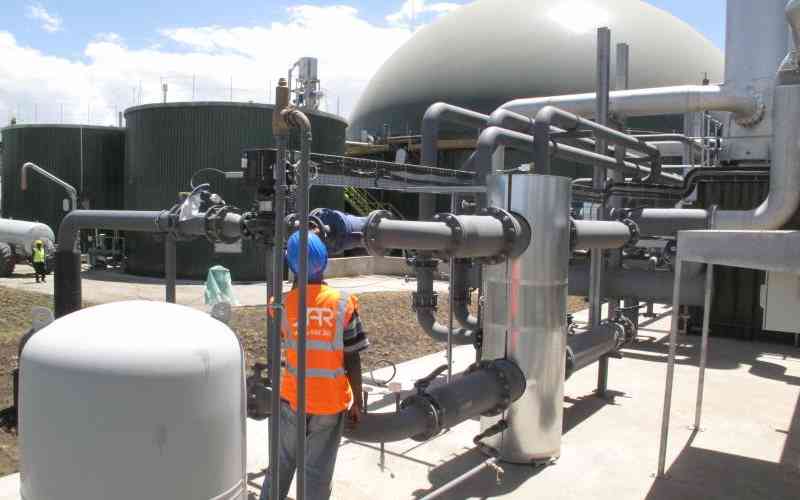×
The Standard e-Paper
Kenya’s Boldest Voice

NAIROBI, KENYA: The residential sector remained a buyers’ market in 2020, as prime residential rents declined sharply by 10.25 per cent, compared to 2.8 per cent in 2019, according to Knight Frank’s Kenya Market Update for the second half of 2020.
Notably, this was attributed to the continued oversupply of rental properties, less disposable income due to the unfavourable economic climate brought about by the pandemic, budget cuts from multinationals and fewer expatriates in the country.







